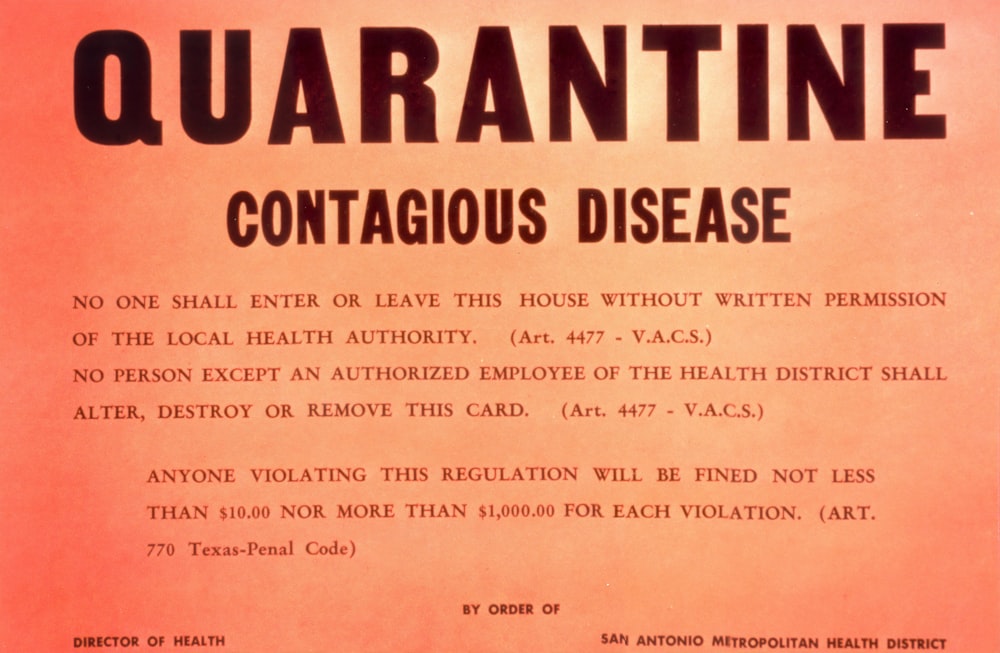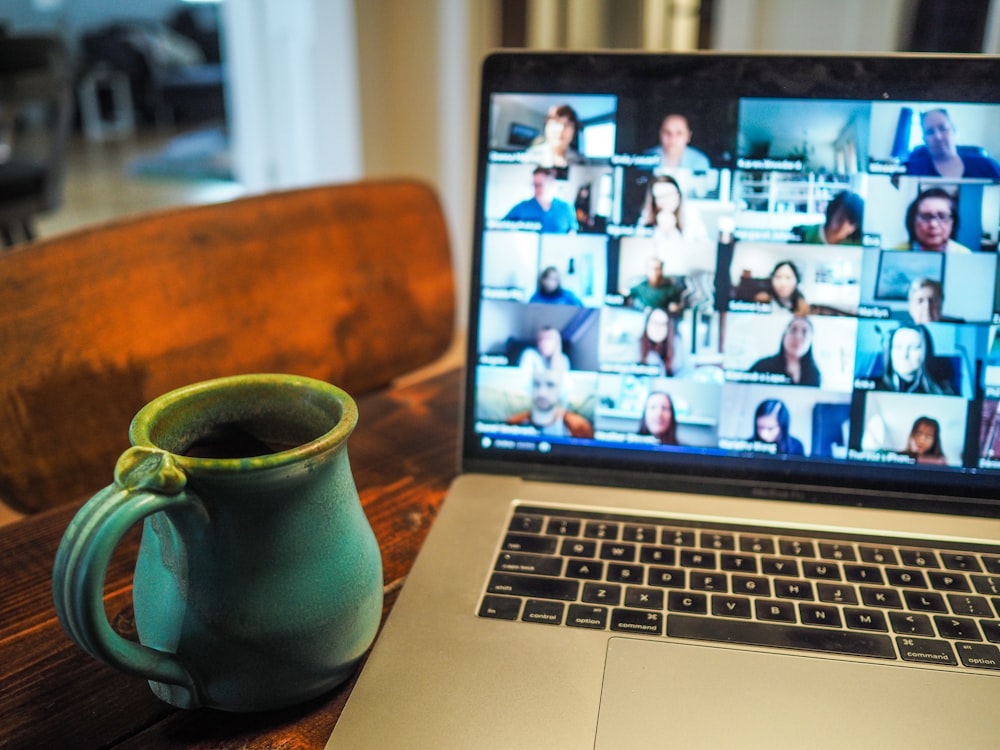By Josie Quinn
“In a year of isolation and fear, Dungeons & Dragons has not only kept me connected with the outside world, but has also allowed me to make some incredible new friends along the way, as well as giving all of us the much needed chance to escape our current reality, even if only for a few hours.”
For most of my life, I have suffered with a variety of mental health conditions, including depression, anxiety and PTSD, so over the years I have tried all manner of treatments and therapies: medication, counselling, CBT, meditation, workbooks, exercise, goal charts, light therapy; basically, if you have ever heard of something recommended to help boost mental health, chances are I’ve tried it! But something I didn’t expect was such a positive impact from playing Dungeons & Dragons.
For the uninitiated, Dungeons & Dragons (D&D) is a fantasy tabletop role-playing game, meaning all you need to play is dice, pencil and paper and your imagination. First launched in 1974, Dungeons & Dragons has remained the best-known, and best-selling tabletop RPG ever since, but the past few years have seen a huge resurgence of interest in the game, with record numbers of people playing for the first time. This is partly due to the streamlined 5th Edition of the game being released in 2014, but also due to the influence of popular culture, with TV shows like Community and Stranger Things featuring the game prominently, and webseries like the incredible Critical Role (currently at 1.15million YouTube subscribers) getting a whole new generation of gamers interested in D&D. Wizards of the Coast, the company who produce D&D, had their best year of sales to date in 2019, seeing a 300% increase in sales of the Starter Set Kits, and a 65% increase on sales of all D&D products in Europe.
I am not alone in seeing how beneficial D&D can be. Numerous organisations (such as Game To Grow, RPG Therapeutics and the Bodhana Group) use role-playing games like D&D as a therapy tool for a number of conditions, as well as to provide emotional support to teens and children. It can even give them a safe space to consider their gender, by letting them play a character of a different gender to the one they were assigned at birth. Therapists, teachers and parents have all praised D&D for helping children develop empathy, problem-solving skills, social skills, literacy and basic arithmetic; and the whole time the children just think they’re fighting orcs and adopting the occasional goblin!
Personally, having always been a gamer, once my EDS meant I was no longer able to use a videogame controller for any extended period, I started looking into playing tabletop-based games. As someone who enjoys writing, playing RPGs and reading fantasy novels, D&D seemed the perfect choice. I had already seen the excellent ‘Advanced Dungeons & Dragons’ episode of Community, so started researching everything I could online, as well as watching Critical Role for character ideas and tips on how to play. By the time I managed to start my first in-person game, I was already pretty sure I was going to love this game; but I really didn’t anticipate the mental health benefits.
When I joined a game at a local game store a few years ago, I only knew a couple of the other players in the group and was feeling fairly anxious, as it can often take me a long time to feel comfortable enough to speak up around new people. Almost immediately, I began to feel more sure of myself in the group; I was making suggestions and talking and laughing with people I’d never met. It was a feeling I’d not experienced since my amateur acting days, and the reason I’d always enjoyed playing other characters. For those few hours each week, I was no longer the socially awkward woman in the wheelchair, embarrassed that she has to be physically carried up and down the stairs of the shop each week; I was Thia Nightbreeze, a stocky little wood-elf war cleric, who enjoyed nothing more than smashing bad guys with her warhammer, being a little too fond of wine and ale and hitting on every barmaid she encountered!
The biggest impact, however, has been seen since the first Covid restrictions began, almost a year ago. Like many people, especially those with mental health conditions, I have been finding the lockdowns and social-distancing measures increasingly difficult to cope with, but I can say with confidence that, were it not for my various online D&D groups, I would be in a much darker place than I am now. In fact, scrolling through my 2020 diary, without D&D, most of my weeks would have been fairly empty! No matter how tough it is to motivate myself to do anything at all most days, I never need to force myself to prepare for a game, and I am always excited, rather than anxious, about the upcoming session.
Get incredible LGBTQ+ Women Like Us in your inbox …
For one, or sometimes even two nights a week, I was in a video-chat with a group of friends, and for those hours we no longer had to be stuck alone at home, waiting nervously for the next awful news headline or lockdown announcement; instead we could be whoever and whatever we wanted to be, travelling fantasy lands, encountering memorable characters along the way, battling monsters, casting spells and, somewhat ironically, spending altogether too much time in taverns! We even had some holiday themed adventures: playing through a haunted house on Halloween, with most players in fancy dress; and spending time together over Christmas, battling Krampus whilst wearing Christmas jumpers and Santa hats.
In a year of isolation and fear, Dungeons & Dragons has not only kept me connected with the outside world, but has also allowed me to make some incredible new friends along the way, as well as giving all of us the much needed chance to escape our current reality, even if only for a few hours.
Josie Quinn (she/her) is in her early thirties. She is a proud bisexual, disabled wheelchair-user and self-professed total geek! She worked as a Legal Executive before becoming too ‘Chronically Fabulous’ to continue, having been diagnosed with Ehlers-Danlos Syndrome, Osteoporosis, CFS, Anxiety, Depression, and PTSD. In her spare time she’s an avid reader (sci-fi, fantasy & graphic novels especially), amateur cosplayer and burgeoning tattoo addict. Twitter.com/Bendy_NotBroken … Instagram.com/BendyNotBroken
Read all of Josie’s Chronically Fabulous posts
Read more blogs by incredible LGBTQ+ Women Like Us
Like, Comment and Share the Love.
Follow Women Like Us
Random Thoughts: Dear 15-Year-Old Me …
Janine Norris: A letter of hope and understanding from the future to her struggling teenage self.
Giving Shame the Finger!
Louise Clare Dalton. “Let’s talk about shame baby, let’s talk about it and me, let’s talk about all the good things and the … oh wait. Hon, let’s not kid ourselves, there isn’t much ‘good’ to speak of when it comes to the shame surrounding sexuality and queerness.
When you see your first lesbian crush thirty years later and she has no idea who you are …
By Hayley Sherman: “Picture the scene. It’s 1991. I’m thirteen, she’s twenty-six. I’m an iffy-looking, greasy-faced, stalkerish teenager and she’s a respectable, married foreign languages teacher. Let’s face it, it was never going to work.”


















